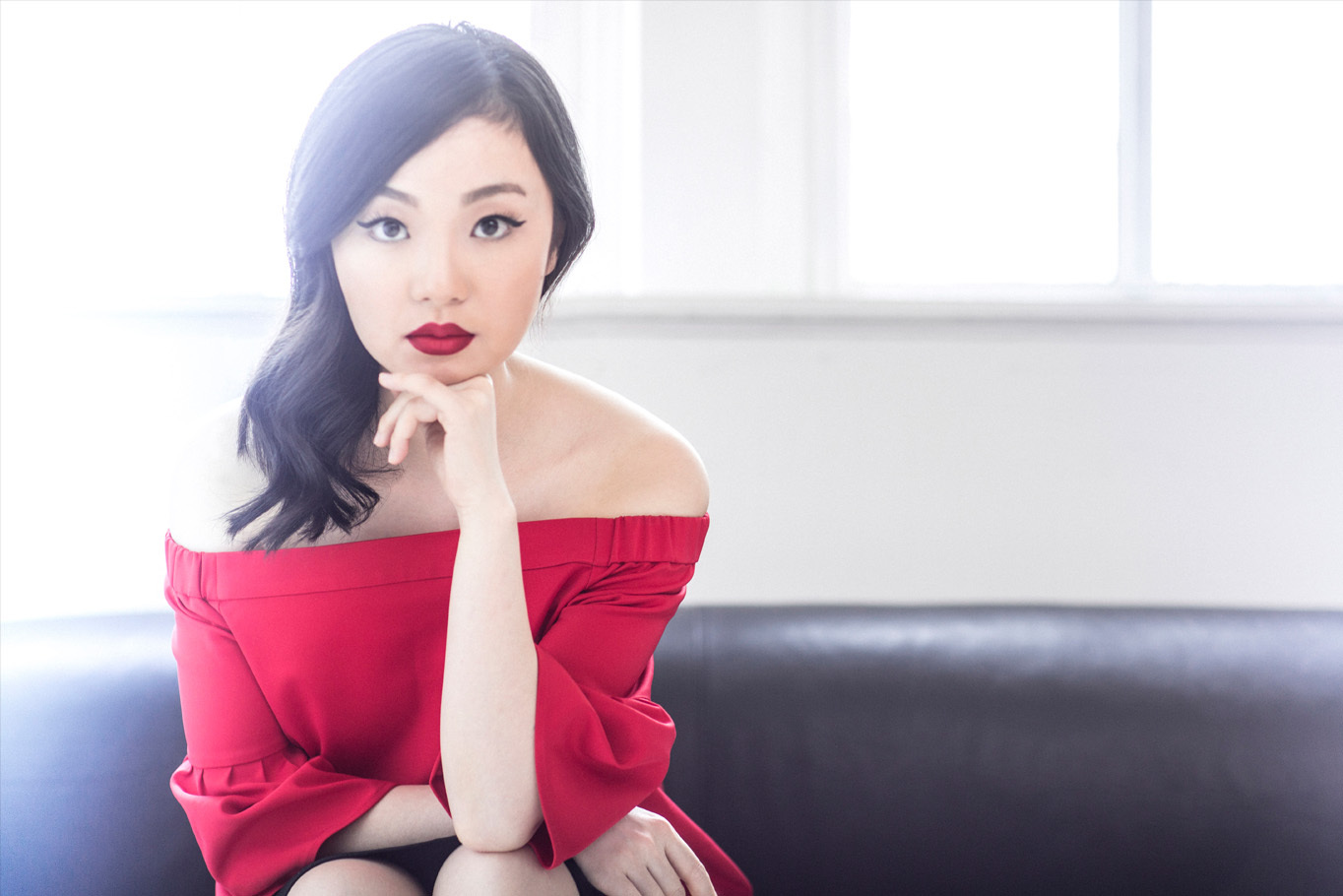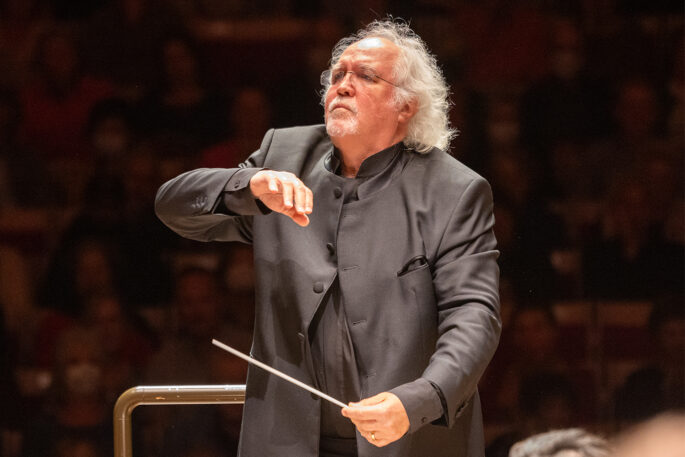
Introducing Ying Fang
23 September, 2024
The superstar soprano and star of New York’s Metropolitan Opera makes her Australian debut in September. Here she discusses studying at Juilliard, working with Sir Donald Runnicles, and her excitement at the thought of meeting a wombat!
By Hugh Robertson
Chinese soprano Ying Fang has established herself as one of the world’s most exciting vocalists.
Born in Ningbo, not far from Shanghai, Fang earner her bachelor of music from Shanghai Conservatory before going onto Juilliard for her master’s, ultimately winning a place in the Metropolitan Opera's fiercely contested Lindemann Young Artist Development Program.
Since then her star has only continued to rise, with critics falling over themselves to find the right superlative to describe her. The Financial Times wrote of ‘a voice that can stop time, pure and rich and open and consummately expressive’, while the New York Times called her performances at The Met ‘indispensable’.
This September she makes her long-awaited Australian debut in an exquisite concert that showcases her magnificent voice at its very best: capturing Mahler’s depiction of heaven in his Fourth Symphony, followed by a selection of Richard Strauss’ ravishing orchestral songs. Before she arrives in Sydney, she took some time to answer some questions via email.
When did you fall in love with music as a child?
I was naturally drawn to music from a young age. My dad has a deep love for music, so there was always something playing in our home. My parents quickly noticed that I would pick up and vocalise the tunes I heard with ease. That’s when they realized I had a talent for, or at least a strong interest in, singing and music.
When did you realise that music was what you wanted to devote your life to?
It didn’t really come across that way, especially when you are young. I just loved singing and wanted to see how far I could go as a curious and passionate learner: of this art form and of myself.
What was it like making the move to New York to study at Juilliard?
It was a dream come true, and also a brand new start for me. Many doors were opened after that. I did my first full operatic role at Juilliard, first oratorio with our historic department etc. My time at Juilliard gave me a peek into the industry and I made many great friends and connections both in life and in my career.
Your main art form is opera, but you also perform a lot of concert repertoire. When performing something like Mahler’s Fourth Symphony or these Strauss songs, do you think of yourself as playing a character within the work?
For me, it’s about making connections with the audience through the piece or role you are singing whether it’s opera or concert.
Music and human emotions are both universal language, we share moments that touches our heart, and experiences that brings us closer. I’m hoping to evoke the sparks with my singing.

Have you been to Australia before? What are you most looking forward to about your visit?
No, this is my first time here, and I'm thrilled to be making my debut with the incredible Sydney Symphony Orchestra while performing in one of the most iconic architectural landmarks—the Sydney Opera House. But I'm also really excited to finally see a real wombat—I absolutely adore them!
How would you describe Mahler’s Fourth Symphony to someone who hasn’t heard it before?
It's truly a masterpiece. In short, it's like a glimpse into heaven!
What made you select these particular songs? Do you have a special connection with these ones in particular?
These are some of Strauss’ most beloved and well-known songs. I chose them because I feel a deep connection to them and believe I have so much to express through their incredible beauty.
These songs have been performed and recorded by so many of the great singers. When you are preparing to sing them, do you listen to recordings? Or do you try to avoid them so you can give your own unique performance?
I listen to different interpretations from the greats to gain perspective, but I don’t get too attached to them. The beauty of singing lies in the fact that each singer brings their own life experiences and understanding to the text and music, resulting in a unique and deeply personal interpretation.
You have performed with Sir Donald Runnicles before – what do you enjoy about working together?
Yes, we worked together at the Atlanta Symphony for Brahms’ Requiem, which remains one of the most memorable performances of my career so far. Sir Donald Runnicles has an incredible passion and deep understanding of both the piece and singing. He’s truly a singer’s conductor – he breathes with you, sings internally with you, and it's a real privilege to work with someone with such profound knowledge and experience.
What can an audience member expect from this concert? What would you like them to leave the concert hall thinking, or feeling?
I hope they will be moved and inspired to return to the theatre for live performances again.
Book Your Tickets
Donald Runnicles conducts Mahler’s Fourth Symphony
Mahler’s Fourth Symphony is full of radiance and beauty, brimming with a unique blend of sweetness and innocence. Across four breathtaking movements, Donald Runnicles will create a vivid, spellbinding musical picture.
25–28 September | Sydney Opera House Concert Hall
